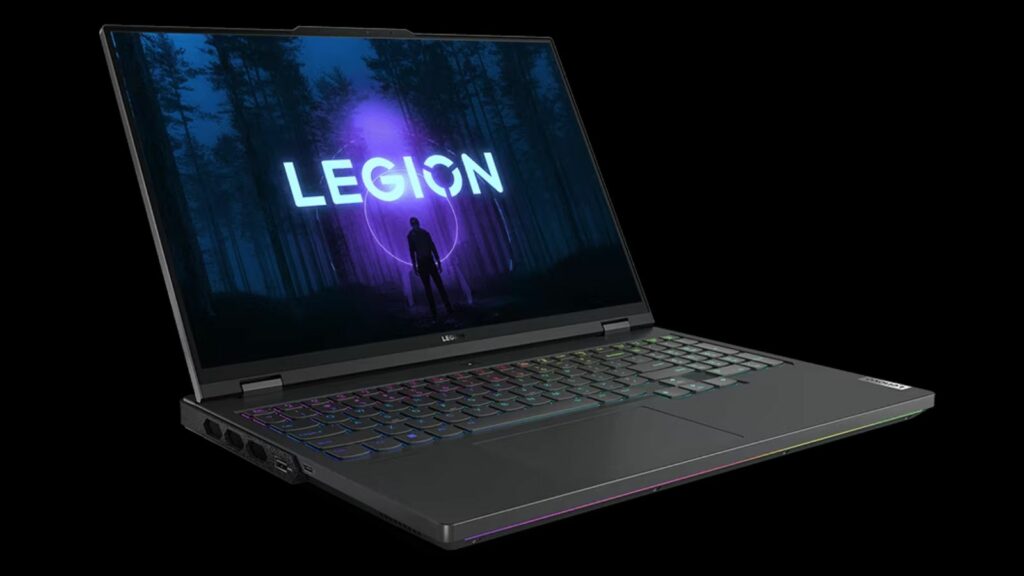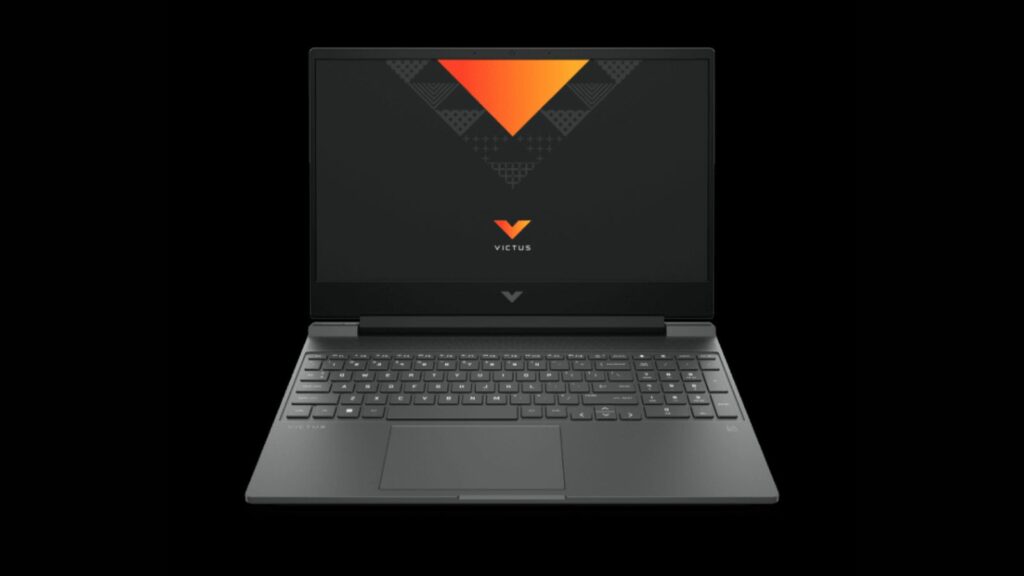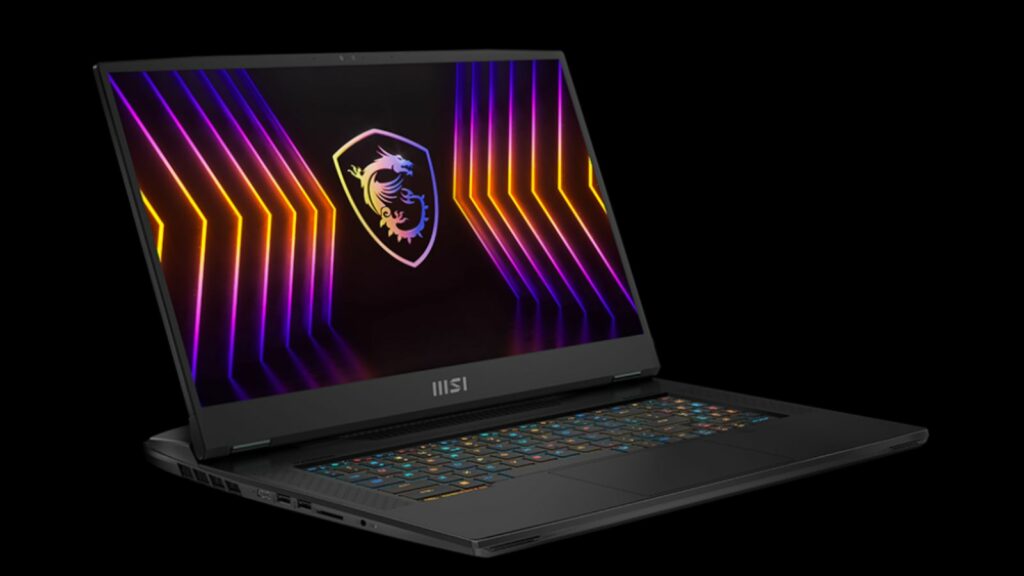Got your eye on that shiny Alienware M18 laptop? Buying a gaming laptop isn’t as straight forward as it seems. There are many nuances to take note of; with some of them being a little less obvious than others.
With this quick guide, we hope to show you some of the things you need to consider before completing your purchase, even if you’ve never ventured into the realm of buying tech.
Here are a few considerations that we think you should have before you go buying a new gaming laptop:
What to look for in a gaming laptop: How portable do you want it?
Laptops are primarily built for mobility. And with mobility come compromises elsewhere in the machine such as more compact cooling solutions, lower powered components, a significantly reduced ability to upgrade, and most importantly, a higher price to performance ratio. So, ask yourself this, do you really need mobility? If the answer is still yes, then read on!

| |
|
Get the specifications right for what you need
The most obvious first steps are to look at the specifications of the gaming laptop in question. Does the laptop you want have all the necessary specs you want to run your games at a desired framerate? Let’s break this down a little further.
Laptop components are very often lower powered chips to ensure that it consumes less power and produces less heat. What does this mean to you? So, means that your shiny new laptop RTX 4080 card is going to be slower than its desktop counterpart with some benchmarks indicating about a 45% difference in FPS at 4K. Same goes with the CPU with laptop variants performing slower than their desktop counterparts.
So you could stand for lower performance, what about noise? Gaming laptops are renowned for sounding like a jet taking off during gaming sessions. This is because the system needs to work harder with more compact cooling solutions to remove the heat being generated.
It’s not all doom and gloom, however. With the right specs, you do have the ability to game practically anywhere if there’s a power plug point and Wi-Fi access. A friend is inviting you over for a gaming session. Just bring your gaming laptop with you and you’re all set. No need for a monitor, keyboard, or external audio device. It’s all right there at the tips of your fingers.
Note that gaming laptops are known to further reduce the power of their components when not plugged in to maintain battery life.

| |
|
Want it to be future-proof? Then look for upgradability
One of the biggest differences between laptops and desktops is upgradability. Laptops often don’t allow for upgrades outside of RAM, storage options and potentially some cooling improvements when it comes to thermal paste and pad applications. Laptop CPUs and GPUs are often soldered onto the motherboard themselves. Some manufacturers even flip the motherboard upside down in the chassis, making some of the available upgrades even harder to perform.
So, make sure you are certain of the specs you want. Outside of returning it to the store you bought it from, you’re going to have to live with the processor and graphics card combination you chose.
- Are gaming laptops good for school? Here’s what you need to look out for
- 5 types of gamers and the best gifts to give them
Lug around, or a breeze to carry: Look out for weight and size
In the world of gaming laptops, more power very often equates to more weight and bulk. Some laptops like the MSI Titan can weigh more than 7 pounds. In general, the more powerful the components are, the more heat they produce to run at spec. This means that to compensate for the heat increase, the heatsinks tend to be larger and more efficient to adequately cool the system.
Think about the kind of games you like to play. If you mainly play Valorant or League of Legends, then a small and lighter laptop with an RTX 4060 could be more than sufficient, saving you the added weight that comes with cooling a more powerful chip.

| |
|
Want to play with no worries? Get that warranty
Quite possibly the least glamorous option, but one that is vital in ensuring you have a working system ready to go. If something goes wrong with the hardware in your laptop, there are unfortunately very limited repair options outside of contacting the manufacturer since most parts are proprietary to the laptop itself. Additionally, considering that you will likely be moving around a lot with your laptop, the chances of something detrimental happening to it is far greater than that of a desktop.
Our advice here is simple, if you intend to use your laptop for some than the typical two years, then it’s very important you get the support you need with longer coverage periods or added services like laptop pick-up options where brands will take care of the delivery process of faulty laptops so you don’t have to.
In summary, the key is to make sure you know what you want, understand your budgets, and consider what you plan on using your gaming laptop for. Do that, and you would rarely ever go wrong.
For more laptop recommendations, check out our top gaming laptop picks here.
Just a heads up, some of the links on ONE Esports are affiliate links. This means if you click on them and make a purchase, we may earn a small commission at no additional cost to you. It’s a way for us to keep the site running and provide you with valuable content. Thanks for your support!
READ MORE: The best gaming mouse in 2023 — Budget, wireless, FPS, and more

